Countdown to Housing 2023
- days
- Hours
- Minutes
- Seconds
Climate change hackathon
Climate change hackathon
"Never doubt that a small group of committed people can change the world. Indeed, it is the only thing that ever has’"
Margaret Mead
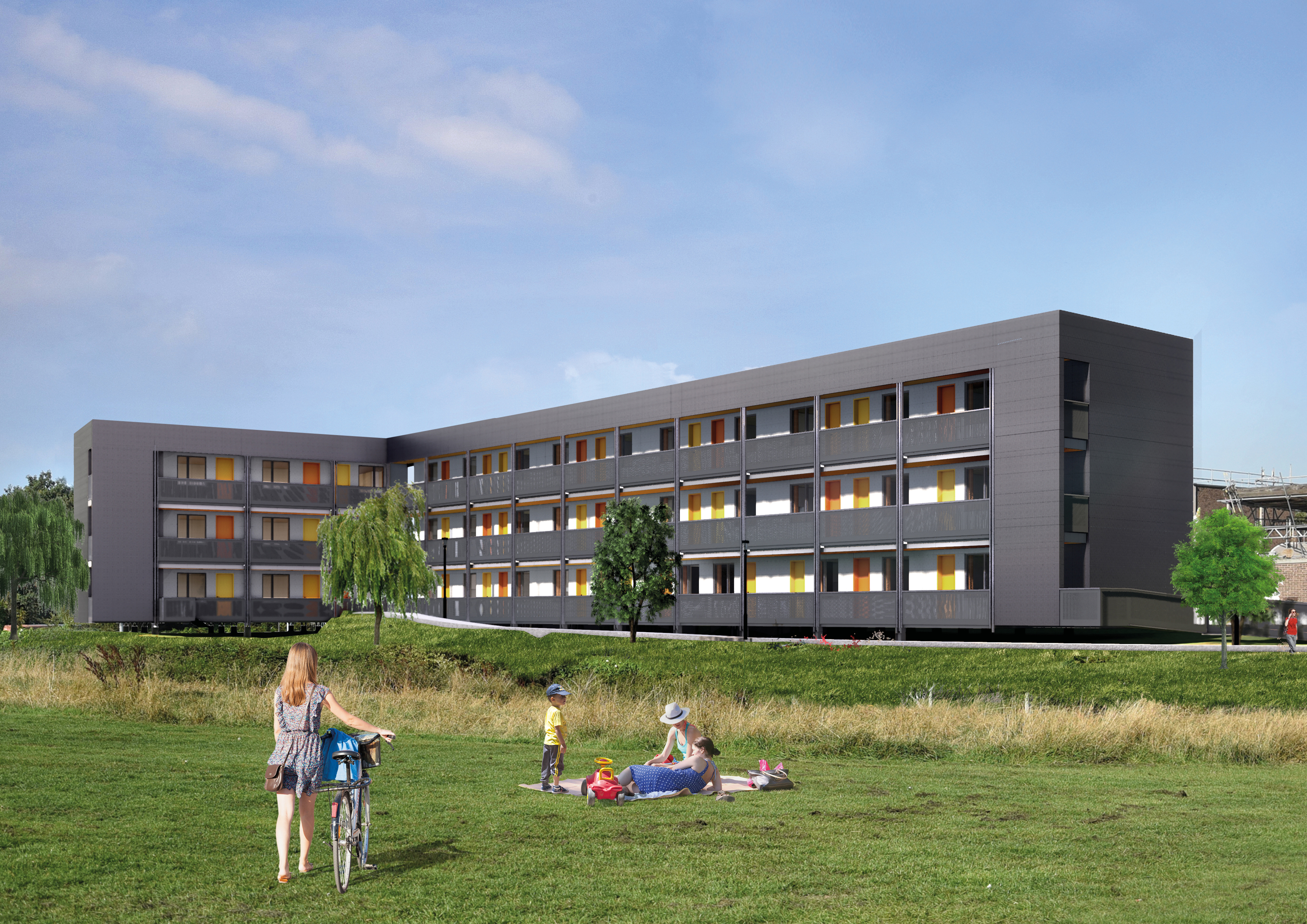
Homes in the UK consume around 30% of our energy and produce 20% of our collective greenhouse gas emissions.
In light of this situation, Housing 2020: the Virtual Housing Festival held the housing sector’s first climate change hackathon on 8 September.
More than 150 hackers with a shared interest in housing and climate registered for the event, during which they spent two hours working towards ideas that could potentially engage, educate and motivate the entire housing sector to adopt a climate emergency approach to all their decision making.
When introducing the first of three hackathon sessions to take place throughout the day, Mark Southgate, chief executive of MOBIE, explained that a hackathon is about, "bringing people from different backgrounds together behind a difficult problem". "And there is no more difficult problem than climate change," he said.
Also speaking ahead of one of the hacks, Tom Lelyveld, sustainability team lead at AECOM, urged participants – including housing, built environment, and sustainability experts – to "think bigger". "Because the scale of what we need to do is huge,” he urged.
"There is no need to feel helpless about this [climate change]," stated Ben Derbyshire, chair and immediate past president of RIBA. "We have the tools at our disposal."
Inspired and ready to exchange their thoughts and experience, the hackers split into nine groups and concentrated on coming up with new ideas that the housing sector would be able to rally around.
In order to be able to focus, the groups selected which perspective they would be working from: the private rented sector; homeowner; institutional investor, build-to-rent investor or for-profit provider, or social landlord.
After much discussion and collaboration, the groups needed to distill their chosen ideas into a 150-word summary, which would then be fed back to hackers in the other two groups in their session. They also needed to be able to sum up how they would take their idea forward.
The first idea to be presented at the end of the first hack session was outlined by Magenta Living’s Jon Daley, who described how his group had thought of a Local Action Climate Change Hub (or LACH), which would provide sustainable tools, education and materials to social housing residents.
The second idea was put forward by Sam Scharf, director of community investment at Orbit Group, who described how his team had got behind a sector-wide statement, which said: "We won’t take Section 106 housing that isn’t zero carbon anymore."
This group believed it was time UK housing defined itself as a "social and environmental sector", added Sam.
The third and final idea from the morning hackathon session was presented by Jenny Ford from Materials in Mind, who outlined a model for data collection around investment in ‘fabric first’ homes.
All of the hackers who took part in the first session of the day were then asked to vote for their favourite idea, which would go head-to-head against two further ideas when they were put to more than 6,000 Virtual Housing Festival attendees and a further 70,000 sector professionals.
The winner of the first session was for social housing providers to no longer accept Section 106 homes that are not zero carbon.
Next came the lunchtime hackers, who went through the same process of their morning counterparts, including feeding their ideas back to their fellow hackers. First up was Saxon Weald’s Debbie Joseph who summarised her group’s proposal for a national social housing platform that enabled users to share ideas related to climate change, both locally and nationally.
The second idea was presented by Jamie Smith, director of research and innovation at Haford Housing and Haford Care, who described an online tool through which users would anonymously share their smart metre-data and compete around energy consumption, with a focus on children motivating adults.
And the third idea – this session’s winner – was a resident’s assembly that would help co-design climate change policy with housing groups.
When introducing the hackathon to the final participants of the day, Sam Stacey, challenge director for construction at Innovate UK, said: "We’re looking for small ideas that make a big impact".
The hackers duly rose to the challenge, and after much thought and consideration, fed back three ideas. The first of which was around residents voting for options that would impact their homes, gardens and travel. Dudley Metropolitan Borough Council’s Cheryl Scriven explained how available options would be showcased in retrofitted community centres.
The second idea, presented by NetZero Collective’s Alan Wilson, looked at policy, with the group suggesting a new regulator should be set up to monitor UK housing providers’ progress against their own climate ’road maps for retrofit’. The idea incorporated a centralised carbon offset fund.
The third and final idea of the afternoon, and indeed the entire hackathon, was presented by Liam Kelly from AECOM, and was around a ’fabric first’ approach to retrofit, with organisations teaming up with local colleges to equip local people with retrofitting training and skills – and it was the final session’s winning idea.
Then the three winning ideas were put to the wider housing sector at the Virtual Housing Festival and beyond, provoking thoughts and discussion, and ensuring that sustainability was a theme that ran throughout the event.
During a session focusing on sustainability on the last day of the festival, Gillian Charlesworth, chief executive of BRE Group, announced that the hackathon’s overall winner was for organisations to team up with local colleges to provide training around retrofitting homes.
A highly workable idea, we’ll be looking forward to hearing how housing providers go on to work with further education providers to ensure local residents have the skills needed to deliver this important work, which will ultimately lead to the sector being able to achieve zero carbon by 2050.
For more information on the hackathon and how you can get involved in taking the winning idea forward, visit: homesevent.co.uk/climate-challenge/climate-challenge
Lead supporter:
With thanks to our sponsors:
Supporters:
Lead supporter:
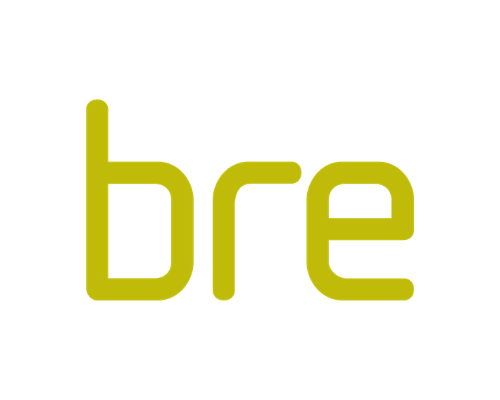
Supporters:
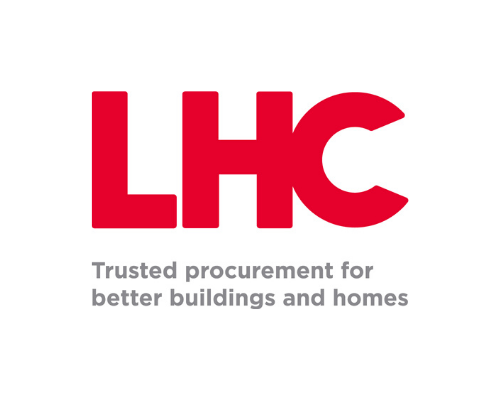
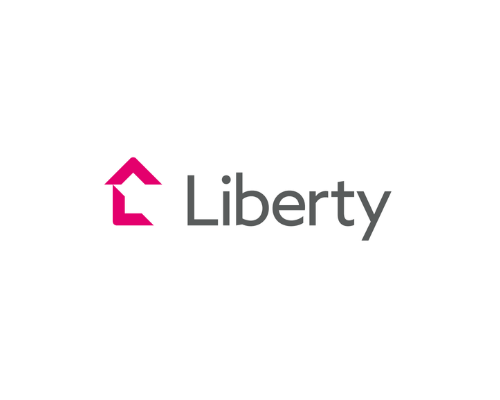
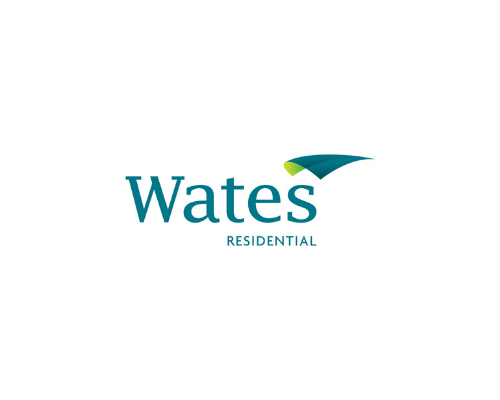
Supporters:





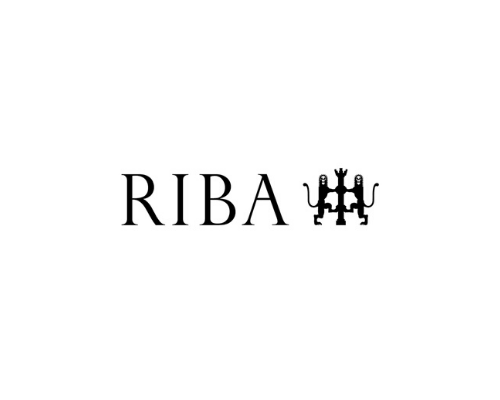

Testimonials
"In my opinion, it is the single most important housing event of the year where all serious sector leaders convene. To miss the event you run the risk of failing behind the leading pack."
Prima Group
© HOUSING 2025 - OCEAN MEDIA GROUP LIMITED, Suite 6.04, Exchange Tower, 6th Floor 1 Harbour Exchange Square, LONDON E14 9GE | TEL:020 7772 8407